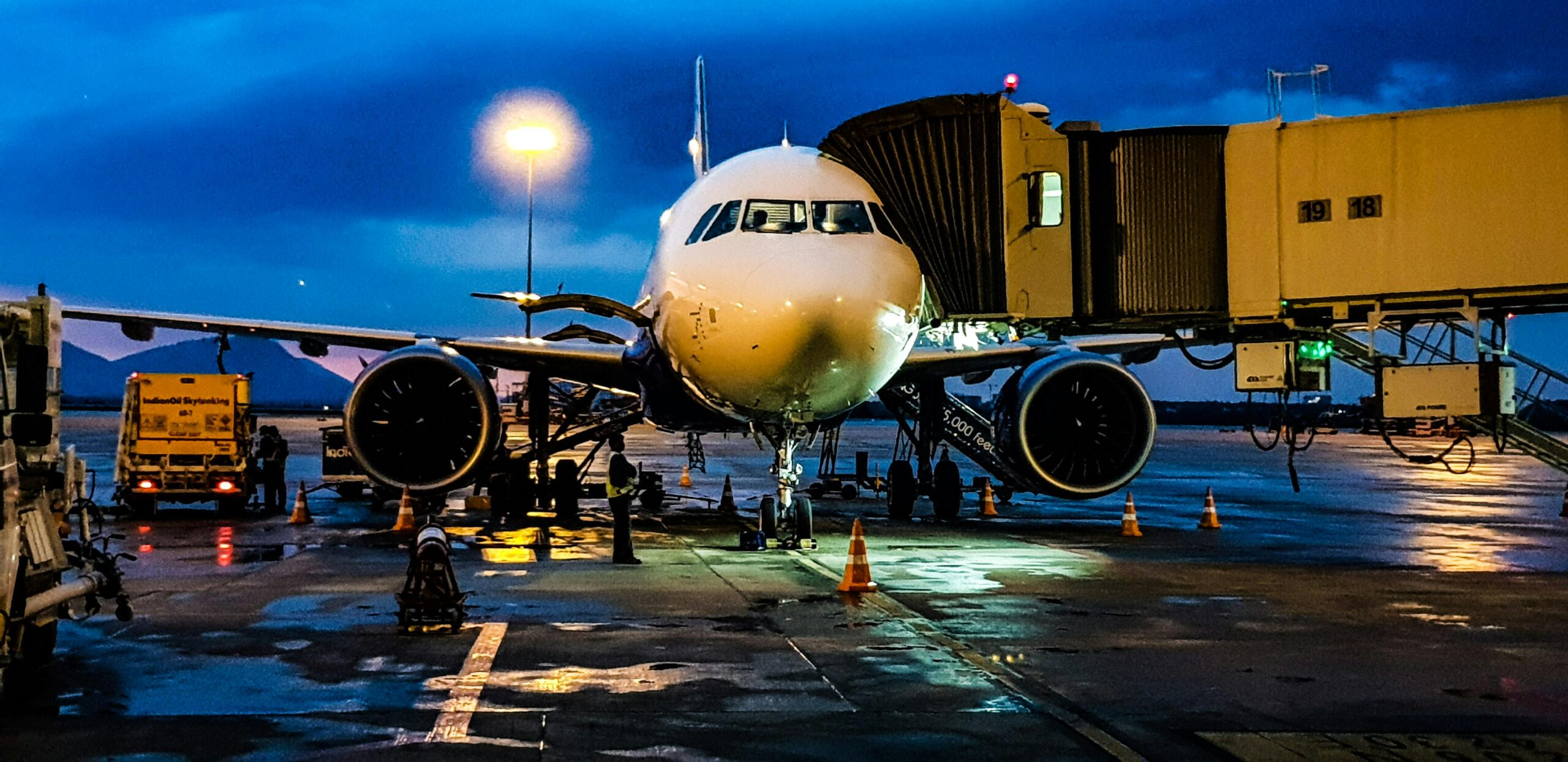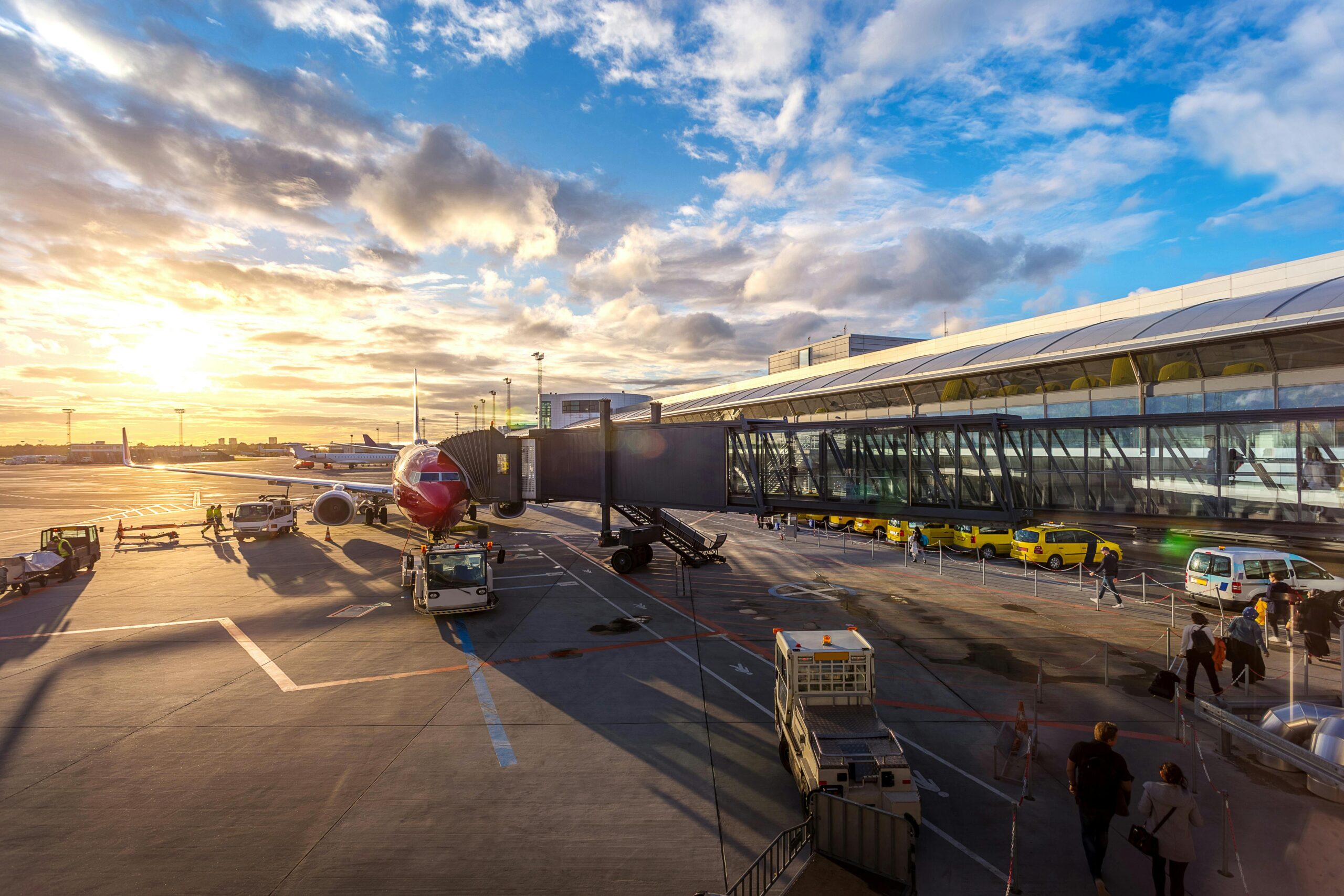
Resumption of Direct Flights
In a significant move towards improving bilateral ties, China and India have agreed to reinstate direct commercial flights after nearly five years. This decision follows a high-level meeting between Indian and Chinese officials in Beijing, where both nations committed to expediting negotiations to restore air travel. The resumption of flights aims to facilitate movement between the two countries, boosting trade, tourism, and diplomatic engagement.
Historical Context
Direct air services were suspended in mid-2020 following a military confrontation in the Galwan Valley along the disputed Himalayan border. This incident led to heightened tensions, resulting in a series of economic and diplomatic restrictions between the two countries. The suspension of flights, along with trade and digital service restrictions, significantly impacted travel and business operations.
Diplomatic Efforts and Agreements
The recent talks mark a positive shift in relations between China and India. Beyond restoring air connectivity, both sides have agreed to facilitate the exchange of journalists, allowing for greater transparency and cooperation in media relations. Discussions also covered economic and trade matters, with commitments to address concerns and create a more predictable business environment.
Ongoing Challenges
Despite these positive developments, key challenges remain. India has expressed concerns regarding large-scale infrastructure projects in Tibet, particularly the construction of a major hydropower station on a crucial cross-border river. There are worries about the potential impact on water flow and availability downstream. China has maintained that the project is environmentally sustainable and will not affect neighboring regions, but India continues to seek further dialogue and assurances.
Future Prospects
The agreement to resume direct flights and facilitate journalist exchanges signals progress in China-India relations. Additionally, both countries have agreed to continue cooperation on cross-border river management and are working towards resuming Indian pilgrimages to sacred sites in Tibet. While challenges persist, these steps indicate a shared commitment to dialogue, stability, and the gradual normalization of diplomatic and economic ties.







Don't just go there, get there in style.
Toursim Destinations
Exclusive Rides
Follow Us
Payment channels
